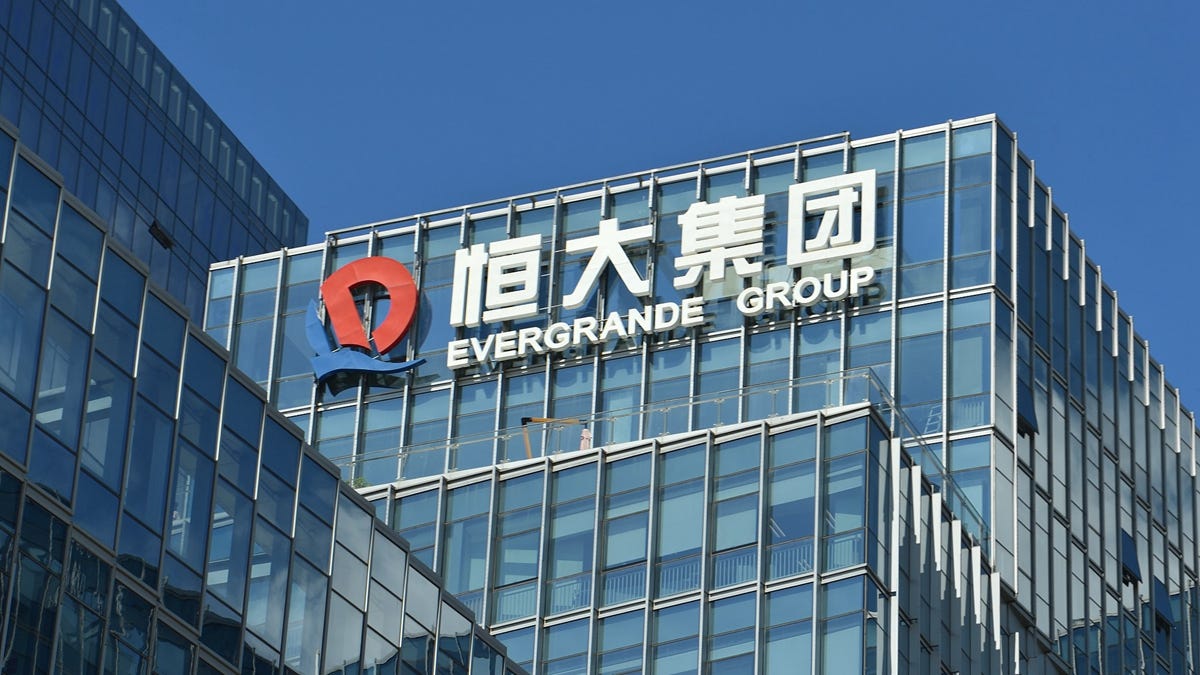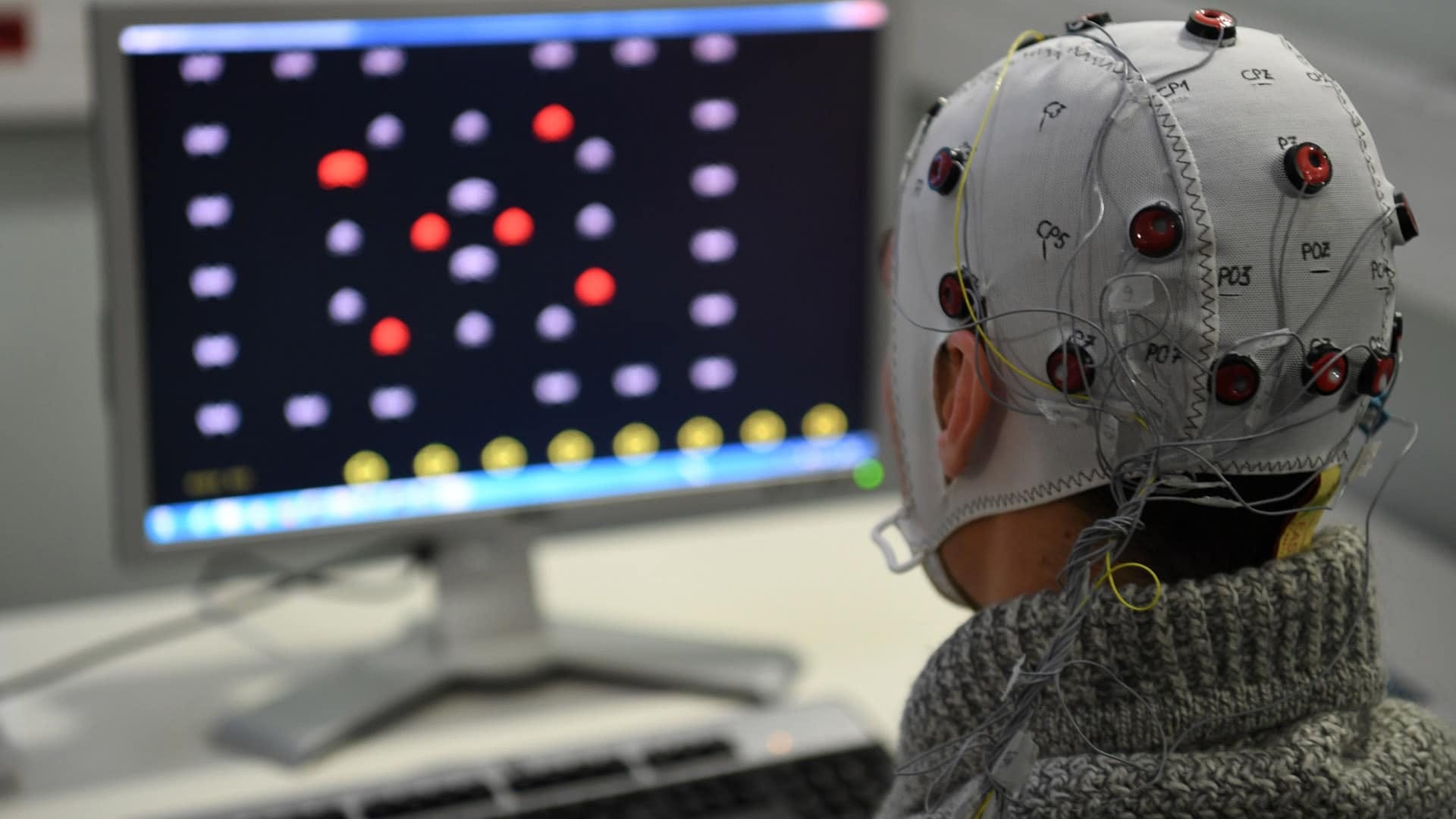Chinese Boba Tea Faces Regulatory Talks Over Religious Elements in Packaging, Leading to Product Withdrawal
Chinese Boba Tea Faces Regulatory Talks Over Religious Elements in Packaging, Leading to Product Withdrawal

On November 28, a tea latte and its packaging, made by HeyTea, was launched and quickly gained popularity. However, the religious elements in the outer packaging also attracted considerable criticism.
On December 1, the Shenzhen Religious Affairs Bureau summoned HeyTea for a talk. The company subsequently removed the controversial products from sale on December 3 and conducted an inspection related to the situation.
Chinese regulation explicitly prohibit commercial promotions in the name of religion.
According to the bureau, HeyTea had played a close-to-the-line game. “Now we can only summon them for talks, which is also a legal measure, and the company has been very cooperative, showing a good attitude in admitting their mistake. They sent us a rectification report on Friday night, and by December 3, all products had been removed from the shelves.” An officer stated.
Chinese law strictly divide the religious and secular space. By law religious affairs could only operate within the worship places, as well as religious schools.
Evergrande, the Chinese Real Estate Group in Crisis, Changes Chairman

On December 4th, the National Enterprise Credit Information Publicity System updated that on November 30th, there was a change in the corporate structure of Evergrande Real Estate Group. Zhao Changlong stepped down as Chairman, with Liang Weikang taking over the role. Previously, Zhao assumed the position of Chairman of Evergrande Real Estate Group from Xu Jiayin in August 2021.
Evergrande has been in crisis since the beginning of this year. On August 17th, Evergrande Group, one of China’s largest real estate developers, has filed for bankruptcy protection in the United States. Evergrande, which owes over $300 billion, has been struggling with a liquidity crisis for months. It has missed multiple bond interest payments.
In September, Xu Jiayin, the former Chairman and founder of Evergrande, was detained by Police. According to the company’s announcement, Xu “has been subject to mandatory measures on suspicion of crimes.”
China Advances in Stroke Treatment with Brain-Computer Interface

On December 4, a team from the Chinese Academy of Sciences, China’s leading research institute, announced significant progress in stroke treatment. This achievement is attributed to the utilization of brain-computer interface (BCI) technology, which has the potential to regulate neuronal discharge and facilitate the recovery of damaged neurons and brain circuits.
The team developed an implantable hydrogel neural electrode capable of acquiring brain neural information from the recipient, and modulating neurons based on this information. Through the electrode, the researchers conducted an eight-week-long monitoring of brain neural information in a laboratory mouse, successfully modulating its stroke-affected brain neural circuits. This modulation effectively reduced the infarct area of brain tissue and facilitated the restoration of the mouse’s motor function.
Research on implantable BCI devices emerged in the mid-1990s. Despite certain technological disparities between China and the US, the emerging BCI technology presents an opportunity for Chinese researchers to catch up and even surpass their international counterparts in a relatively short period. As the technological competition between the two countries intensifies, humanity may witness another technological leap similar to the Cold War era.
